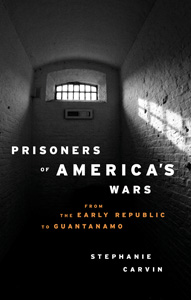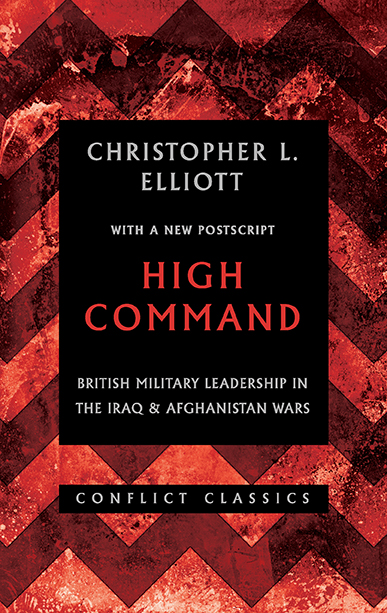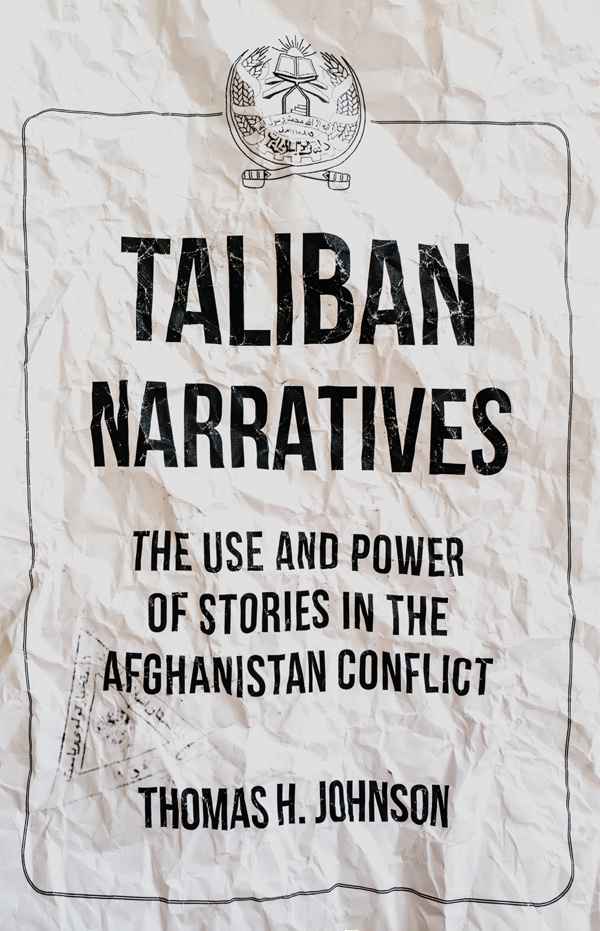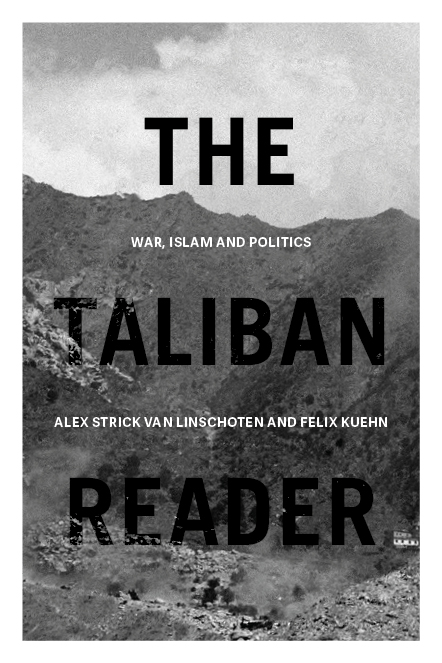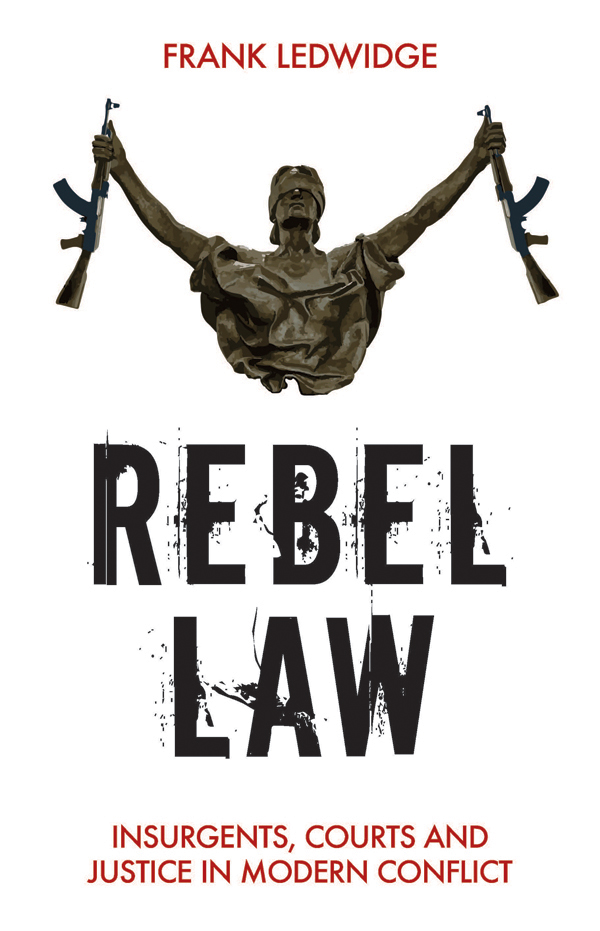Prisoners of America’s Wars
From the Early Republic to Guantanamo
‘This is a readable and engaging study of an important topic. Carvin manages the difficult feat of writing about some very controversial issues in a calm and dispassionate way. … Very highly recommended.’ — Professor Chris Brown, Department of International Relations, London School of Economics
Description
Prisoners of war have featured in virtually every conflict that the US has engaged in since its revolutionary beginnings. Today visitors to Washington will frequently see a black POW flag flying high on government buildings or war memorials in silent memory. This act of fealty towards prisoners reflects a history where they have frequently been a rallying point, source of outrage and problem for both military and political leaders. This is as true for the 2003 Iraq War as it was the American Revolution.
Yet, the story of prisoners in American wars (both enemies taken and soldiers captured) reveals much about the nation itself; how it fights conflicts and its attitudes towards laws of war. A nation born out of an exceptional ideology, the United States has frequently found itself faced with the contradictory imperatives to be both exemplary and secure: while American diplomats might be negotiating a treaty at The Hague, American soldiers could be fighting a bloody insurrection where it seemed that few if any rules applied.
By taking a historical approach, this book demonstrates that the challenges America faced regarding international law and the war on terror were not entirely unique or unprecedented. Rather, to be properly understood, such dilemmas must be contextualised within the long history of those prisoners captured in American wars.
Reviews
‘A well-written and thoroughly researched work that makes a valuable contribution to debate on the US military and the development of the politics of the laws of war in relation to the treatment of prisoners of war and prisoners in war.’ — Dr Ruth Blakeley, University of Kent
‘This is a readable and engaging study of an important topic. Stephanie Carvin manages the difficult feat of writing about some very controversial issues in a calm and dispassionate way, providing us with the historical context necessary to understand American policy vis-à-vis POWs. The very opposite of a dry legal analysis, the book presents a clear account of the political values of ideologies that have underpinned the US position on international law in general and prisoner-of-war rights in particular. Very highly recommended.’ — Professor Chris Brown, Department of International Relations, London School of Economics
‘The laws of war have been much discussed, often both criticised and revered, but also often little understood —especially in relation to politics. Stephanie Carvin increases our understanding of this vexing topic, especially concerning prisoners of war in irregular armed conflict. Rather than providing another legalistic treatise on the Geneva Conventions and Protocols, she has asked how does a nation’s ideology affect how it views the laws of war. She takes the controversial policies of the George W. Bush Administration after 9/11 regarding enemy detainees and puts them in historical perspective, with an emphasis on the political values driving legal interpretation. The result is a readable and intriguing analysis of national ideology, policy making, and international law.’ — David P. Forsythe, University of Nebraska-Lincoln and Author of The Humanitarians: The International Committee of the Red Cross
Author(s)
Stephanie Carvin is a Lecturer in International Relations at Royal Holloway, University of London where she teaches on the politics of international law, international relations and American foreign policy. She holds a PhD in International Relations from the London School of Economics. A native of Canada, she previously worked as a Research Officer for the Canadian Institute of Strategic Studies in Toronto. She lives in London.
